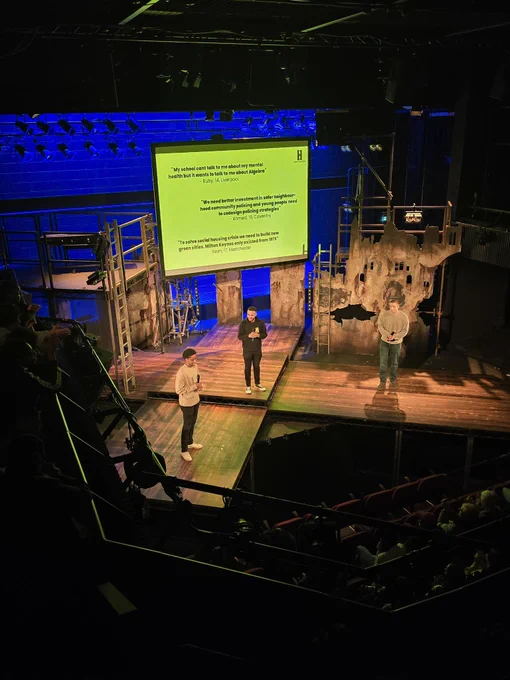Computer Science
A modern Computer Science curriculum sits on the intersection of science and creativity. It possesses a strong scientific base, fashioned as it is on logical and mathematical principles, and dexterity within the key aspects of Computer Science, enabling students to unleash their creative minds.
It encompasses a variety of complementary strands, incorporating:
Computational thinking – the principles of solving real world problems and designing systems through decomposition, abstraction, pattern recognition, logical and algorithmic reasoning, and data representation
Digital literacy, safety and creativity – the ability to locate, evaluate and use digital hardware and software in a creative or purposeful and safe manner. Incorporating ergonomic aspects such as the prolonged use of a tablet, mouse or keyboard.
Information technology – the ability to capture and analyse data, and to make relevant changes in response to the data presented, using either software or hardware devices
Communication – the exchange of information between multiple parties, not necessarily via digital media. This is of relevance given the remote learning implementation in light of the recent lockdown restrictions, and the likely blended learning approach that our academies will be taking.
Ethical and social impact – revolving around the legal and moral principles that govern how an individual or a collective body of people conduct themselves. At present this would be largely using digital media as a conduit – such as the use of social media apps in relation to cyber bullying or internet safety or copyright law. Increasingly social and ethical questions will arise with respect to the digital divide, privacy and how we relate to Artificially Intelligent entities, and how they relate to us.
Resilience and independence – many Computer Science concepts will be unfamiliar to the students, in particular units which entail elements such as binary manipulation, programming or logical theory. An essential component of successfully solving complex challenges is the ability to independently break down, tackle and solve problems, and to develop a level of resilience in their approach to this. The curriculum lends itself to an approach which develops resilience and independence, both in class and through consolidatory activities at home, and the Harris Federation Computer Science team is able to provide resources and professional development with respect to boosting these skills.
The intention of the Computer Science curriculum is not simply to equip students to attain employment in a variety of information technology jobs. It is to foster within them a deep understanding of the principles outlined above, and to provide them with the communication skills, the flexibility of mindset, and the fearlessness when tackling complex problems that will serve them so well in the future.
Further details of the curriculum can be downloaded below.
Documents
| Computer Science Curriculum Overview | Download |























